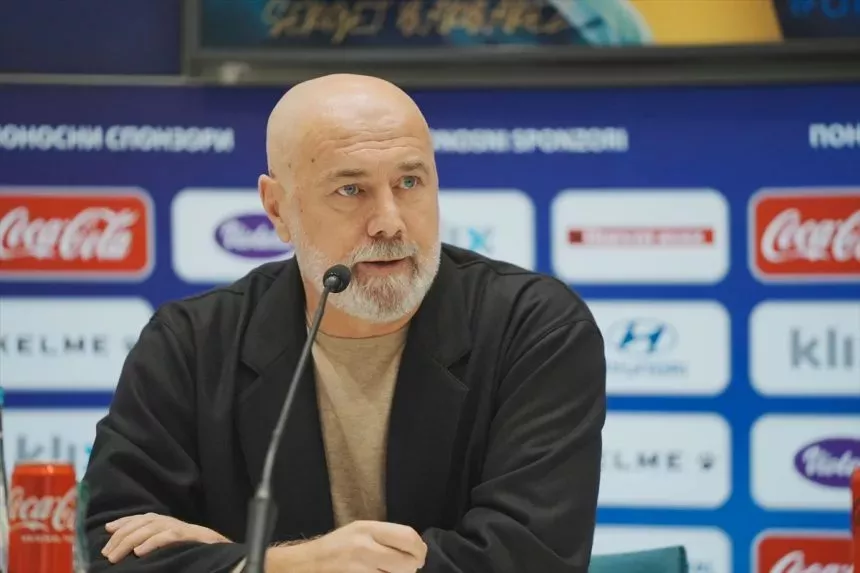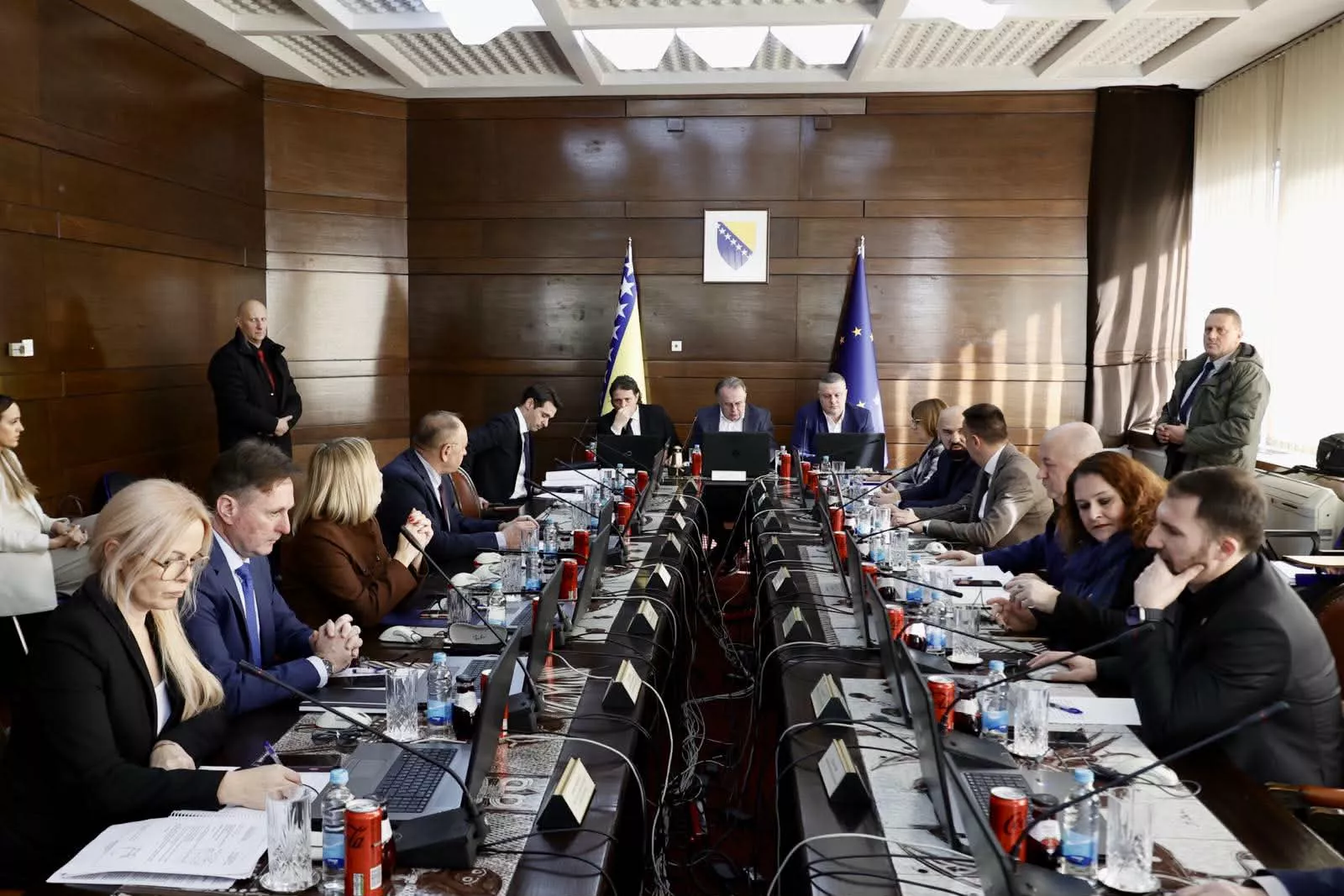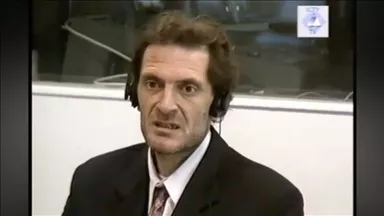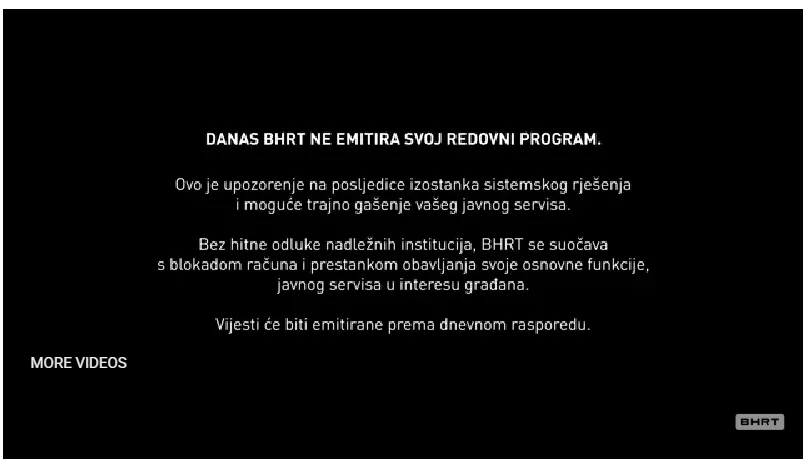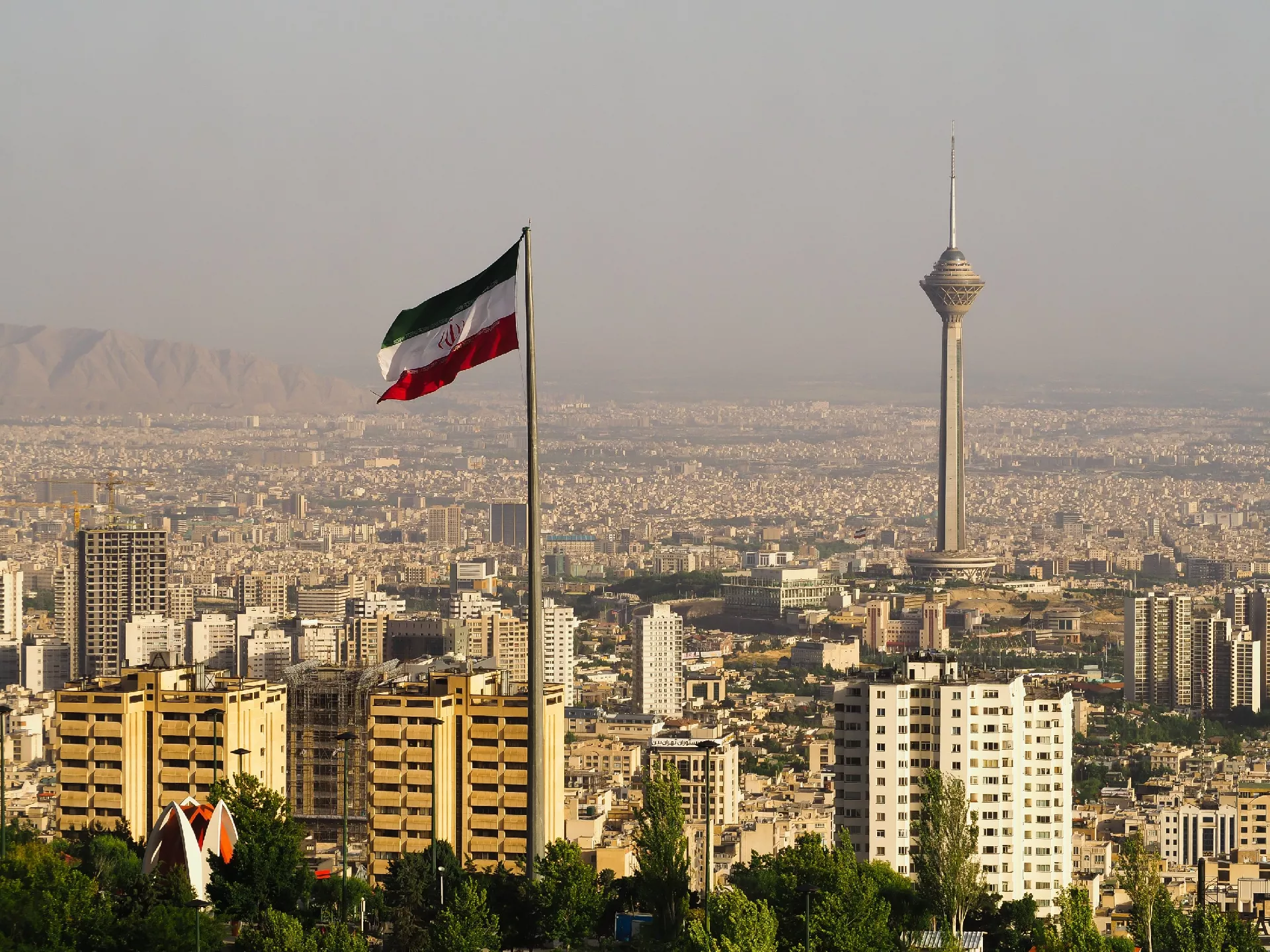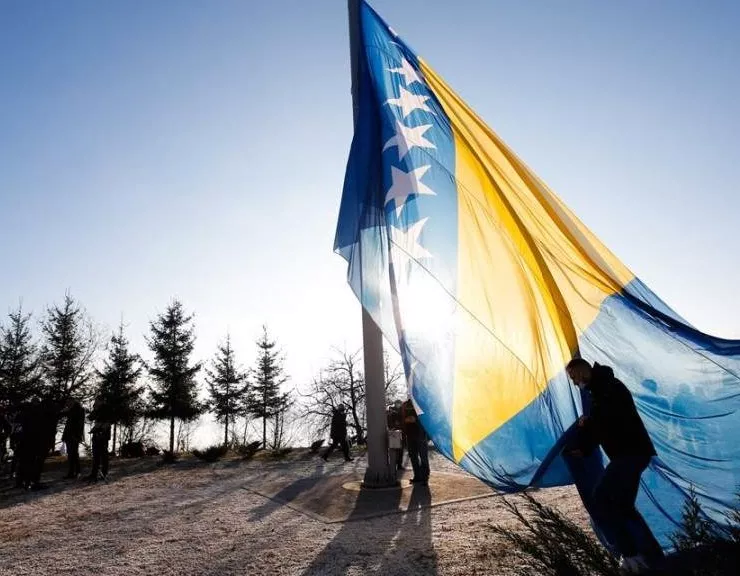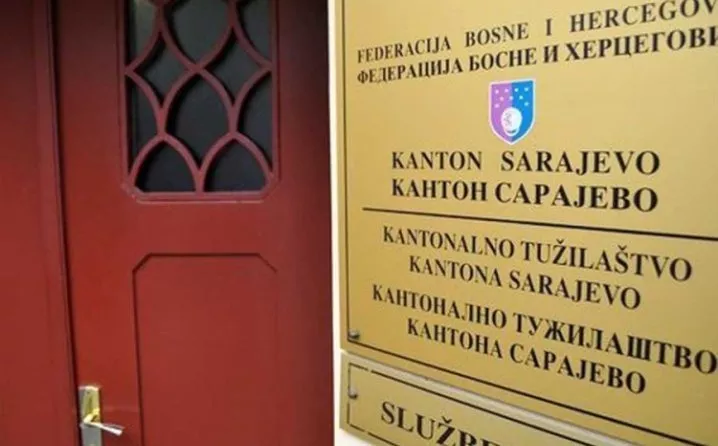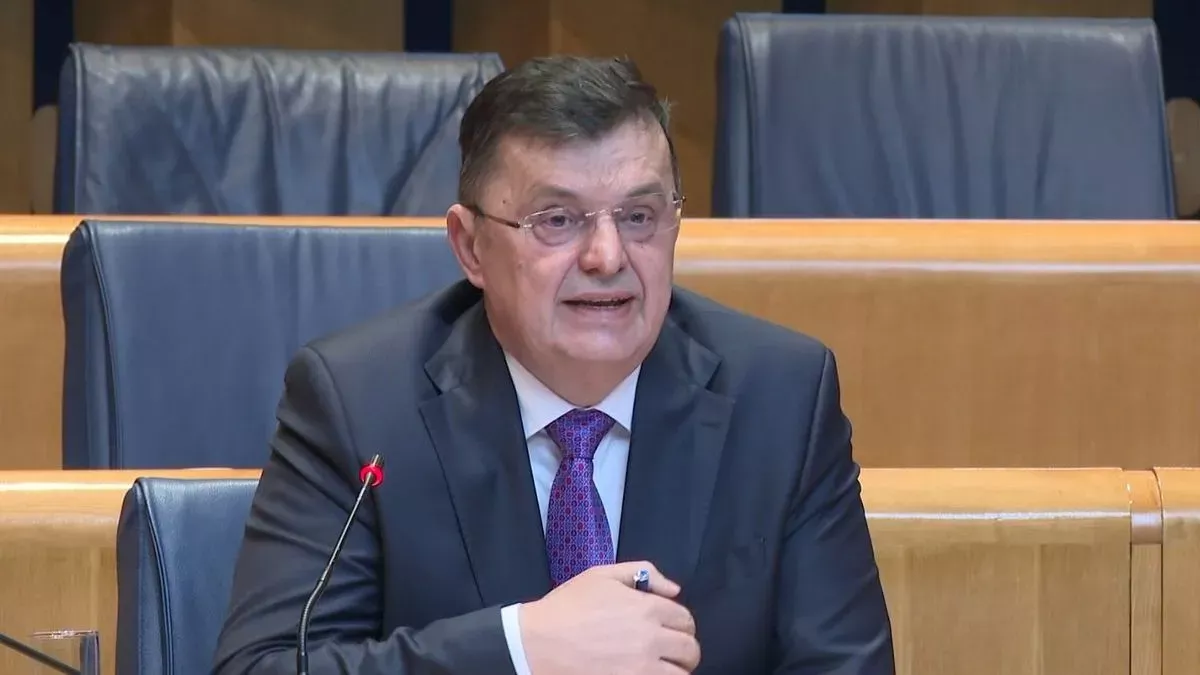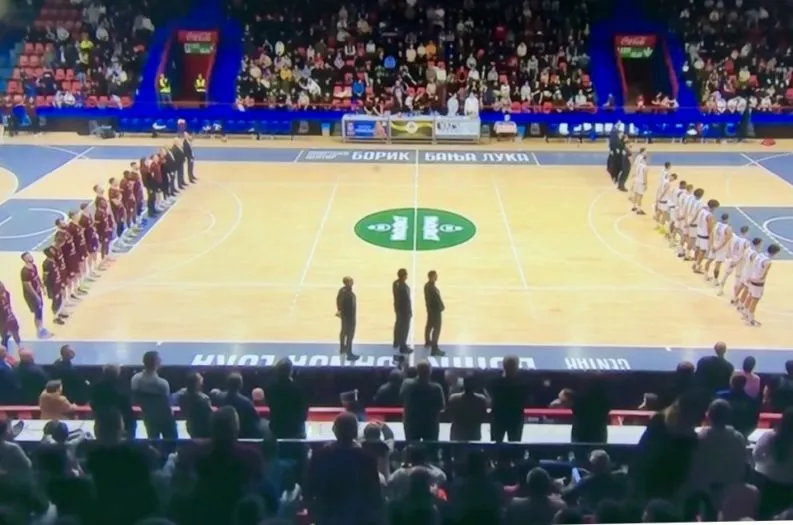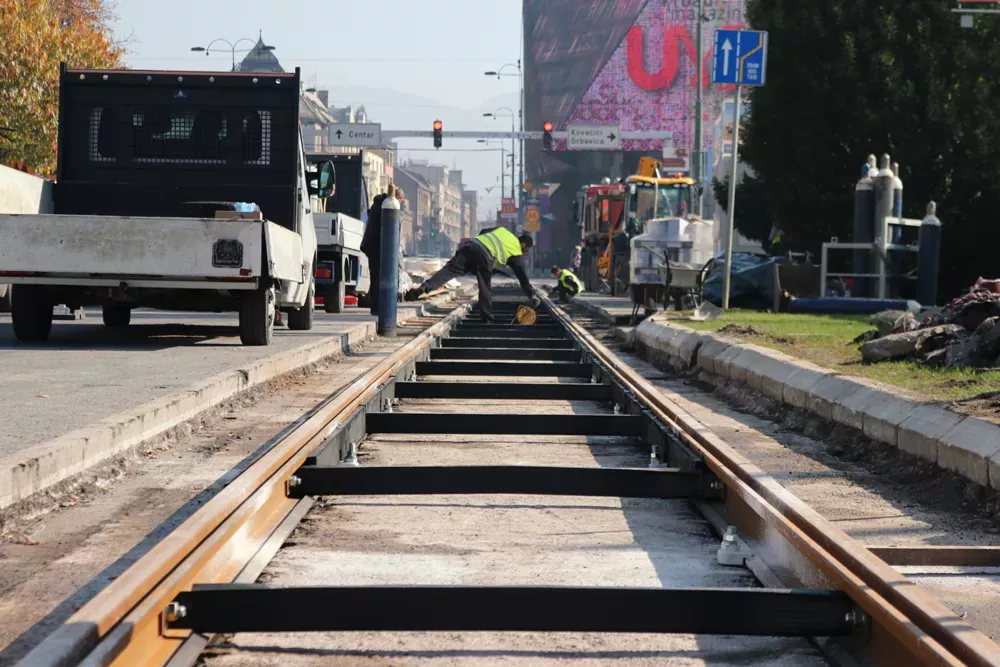

.jpg.webp)
In 1991, there were about 25,000 Bosniaks in the Croatian Army. 9,000 of them had never even been to Croatia, yet they voluntarily joined the Croatian Army. Exactly 1,187 Bosniaks died fighting for Republic of Croatia. That is the data that can be found in the books about Croatian War of Independence.
Unfortunately, Croatia 'returned the favor' by deploying dozens of brigades to Bosnia and Herzegovina as the back-up to HVO in the war against the Army BiH. So called Herzeg-Bosnia was a transitional Croatian great-state project.
The Bosniaks constituted large part of the HVO units, particularly in Herzegovina. Only in Stolac, 1,683 Bosniaks were arrested without single bullet fired. Subsequently, Bosniaks who were in HVO were being arrested in Ljubuski, Capljina, Livno, and Mostar. Most of those Bosniaks wearing HVO uniforms were in trenches or garrisons, or their homes, in the middle of the night when their comrades, Croat neighbors came to arrest them. They were all thrown into detentions camps in Herzegovina. The judgement for the 'Croat 6' reads that their intention was a great-state project and the arrests of their own members of HVO (Bosniaks), as well as keeping them in the detentions centers was a war crime, because those soldiers did not present any danger.
Unfortunately, the Croatian Army was massively pouring its brigades into Bosnia and Herzegovina. Hrvoje Sarinic, the chief of office of the Croatian president Franjo Tudjman, in his book 'All my secret negotiations with Slobodan Milosevic' writes about unusual talk between Tudjman and Milosevic.
The Serb leader said: 'I see that you deployed five brigades to Bosnia.'
Franjo Tudjman answers with a smile: 'Those are volunteers.'
Milosevic, also smiling, answers back: 'I'm not the UN.'
At a conference on Bosnian war held in Budapest soon after the war, one of the high ranking officers said: 'Unfortunately, more soldiers were killed in the fights against the Army BiH than in the fights in Croatia'.
General Martin Spegelj added: 'You may recall that General Janko Bobetko in his memoirs mentioned how his soldiers were replacing HV insignia (Croatian Army) with HVO insignia (Croat Defense Council), while the officers were instructed to introduce themselves as the HVO officers and to say that they originate from BiH'.
- As the caskets started arriving to Croatia, it became clearer whose officers and soldiers they were, continued his story General Spegelj. 'Bobetko admitted that 9,000 soldiers were killed in the fights with the Army BiH. The generals who took part in the fights said that there were over 13,000 dead soldiers. We know about graveyards in Slavonski Brod, Cakovec, Zagreb and elsewhere where soldiers and officers were buried who had been killed in Bosnia and Herzegovina, and many of them were not even brought from there.'
This is the truth that people in Croatia know very little or nothing about, hence their shock and disbelief about the ICTY judgement. Particularly about the part about Croatia's war of aggression on BiH.
